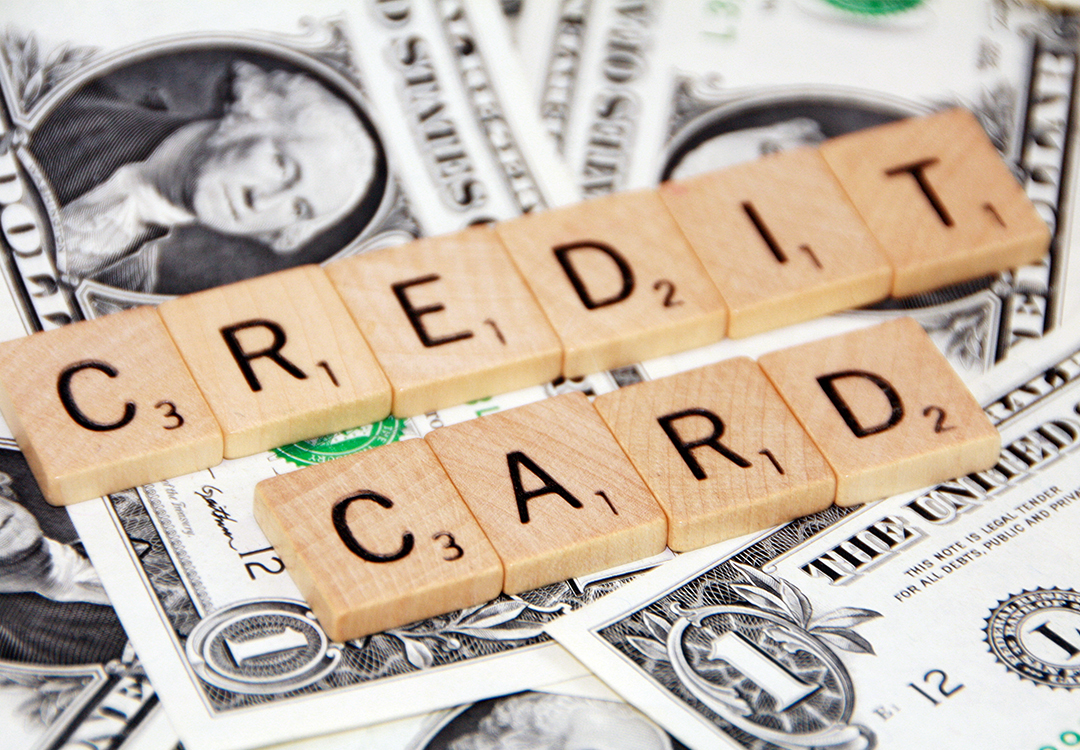You may think that a credit card may seem just like another tool that helps you with your purchases, but it is not just that. A credit card can help you build a good credit history mainly when you used it responsibly. This will allow you to have cheaper insurance, get loans at favorable interest rates, etc. On your everyday purchases, a credit card helps you earn rewards and enables you to protect your good in case of damage.
Simple as that. If you use your credit card the right way, it can be a lot more useful.
Know What a Credit Card Is
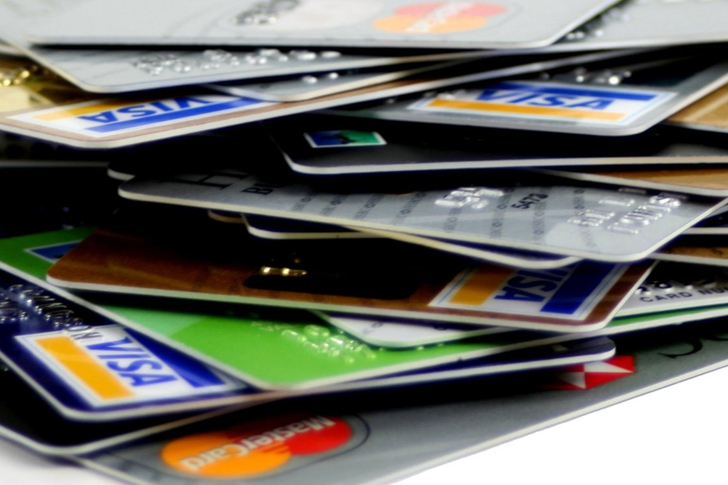
It is like a debit card, but when you purchase, the funds are not removed directly from your checking account. Instead, you’ll take on a short term loan that may have or may not have an interest.
You’ll have a small grace period for the purchases you have made before your payment is due for around 30 days. You won’t have to pay the interest if you pay the balance in full. However, if you pay less than the entire balance by the due date, you will have interest on your average daily balance.
This is Why You Should Get A Credit Card
There are many benefits of a credit card. When you use your credit card intelligently, it will help you rebuild your credit. If you have a good credit record, it can help you in getting a future loan like mortgages at a favorable rate.
Some cards also give you travel rewards and cashback, equivalent to 1% to 2% of the amount you spend. There are also reward cards that offer a sign-up bonus that can be worth like a hundred bucks of card and also travel benefits or shopping that can save you money.
This is the Difference Between Secured and Unsecured Credit Cards
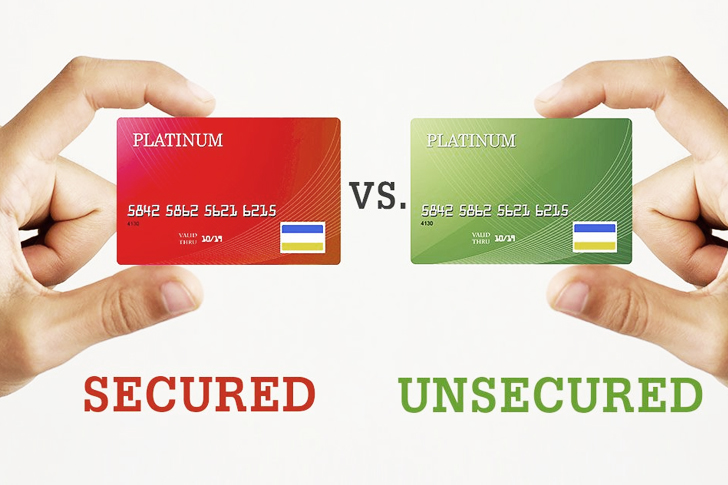
Backed by a deposit is a secured credit card and is equal to the card’s credit limit. Think of it as collateral, and it helps reduce the risk of nonpayment for the card’s issuer. For those people who want to build a solid credit history, a secured credit card is suited for you.
Unsecured credit cards don’t need a backup a deposit or any other collateral. You’ll get a credit limit based on your income level and credit history. So if it is your first time, you’ll likely to start with a low credit limit. However, those without credit history need to start with a secured credit card, or if you will get an unsecured credit card, most likely you can ask your relatives or friends account to be an authorized user. Even though you will reap the same perks of a credit card, an authorized user is not legally obligated to pay the balance.
This is How A Grace Period Works

You’ll get an interest-free loan over a grace period of time. Most likely, 21 to 25 days. Any purchase made within the period will be interest-free unless you don’t pay your balance in full on your due date.
This is How Credit Card Interest is Calculated
You will be charged with an interest of average daily balance if you don’t pay your balance in full during the month. Multiplying your average daily balance by the periodic interest rate and the number of days in the month is the interest accrued for the month.
If you want to avoid accruing interest, pay your monthly statement every month. It doesn’t need to be in full. The minimum payment is enough to be in a good state. But if you take a cash advance, keep in mind that the interest would be higher especially if you have a penalty.
This is How Minimum Payments Are Determined
It is the smallest amount of money that we can pay each month without the hassle of damaging your payment history. Here are a few methods for calculating minimum payments.
Percentage Method
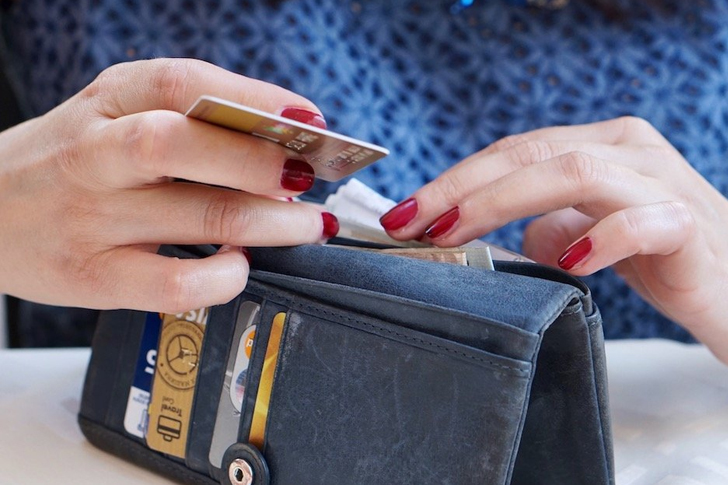
Your minimum payment based on a percentage of your balance may be calculated by your issuer. It is between 1% and 3%.
Percentage Plus Interest Plus Fees Methods
Your issuer may also take a percentage of what you owe plus any applicable interest and fees.
This is How Credit Cards Affect Your Credit Score
It is either positive or negative. Take a look first at the five factors that go into your FICO score, the most widely used scoring model among lenders today:
Payment history (35%)
Credit utilization (30%)
Length of credit history (15%)
Types of accounts in use (10%)
New credit (10%)
If you make your payments on time, 100% of the time, you can positively affect the most critical credit score factor. If you pay late, it can affect your score.
This is How You Calculate Your Credit Utilization
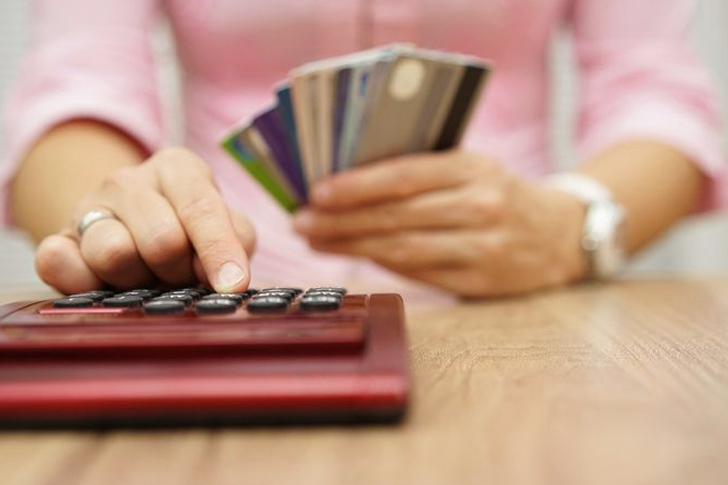
Your line-item utilization and aggregate utilization. Percentage of a specific card’s limit is a line-item utilization. So if you have a credit card with a $6,000 limit, and your current balance is $2,000, you have a 20% line-item utilization percentage on that card.
Aggregate utilization is the total utilization across all of your cards.
Card A has a limit of $600 and a balance of $220
Cardi B has a limit of $3,000 and a balance of $200
Card C has a limit of $2,000 and a balance of $900
Your aggregate utilization would be just under 25%.
This is where the rewards came from – Basically, a reward that you get from your credit card company came from interchange fees. It is the fee that was paid by the merchant’s bank to the consumer’s bank. The interchange fee is applicable every time we use our card when we are making purchases. Some credit card companies reward the user by as much as 5% to 6%.
Know what an EMV chip is, why it matters and when it doesn’t- EMV chips is useful nowadays. It is the small microchip that is embedded in your credit card. It helps prevent fraud by generating a one-time code every time the card is used.
Which of the fees you may be charged- There are many potential credit card fees that you need to pay. The annual fee, balance transfer fee, foreign transaction fee, late payment fee, over-the-limit fee.
Cover Photo Credit:
Flickr
Photo Credits:
Flickr
Picpedia
Every buck counts

